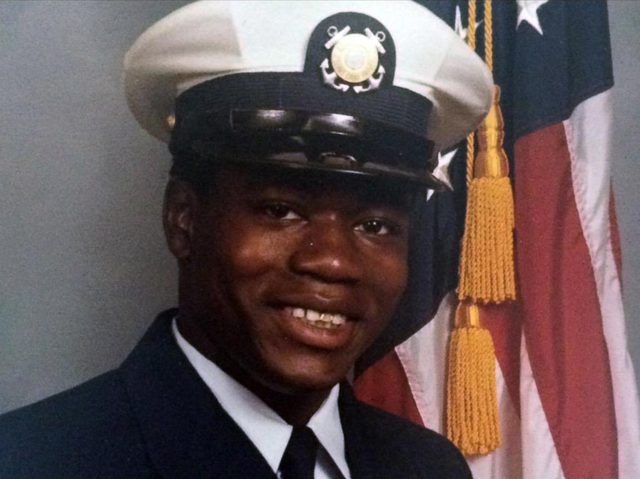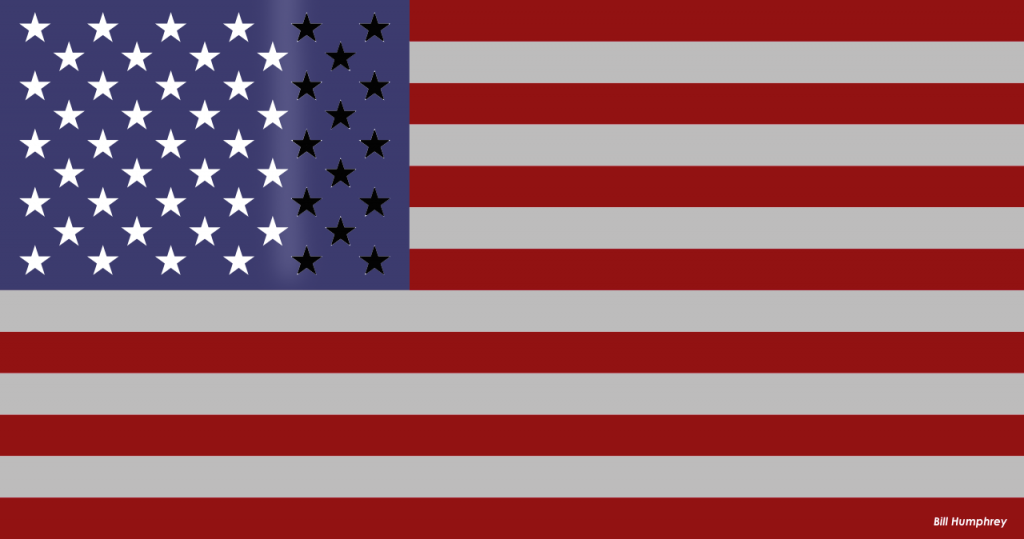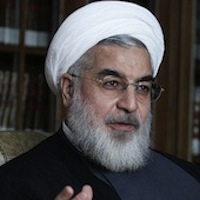When Mike Brown was murdered on August 9th, 2014, something that the US has been trying to hide for decades erupted. In the town of Ferguson MO, years and years of living under oppressive circumstances was brought to a head in the months after the fatal shooting of an 18-year-old teenager who was walking with his friends. There were what seemed like endless and dangerous marches, where protesters bravely stared down armored vehicles and assault rifles, armed with nothing but signs imploring anyone who could read them to recognize the humanity of Black people. All across the country Black people, as well as other People of Color, began to speak louder to get their message across. Despite efforts, it seems as if nothing is changing. In fact things are getting worse, as more and more are being added to the list of hashtagged names of victims of the police’s extrajudicial killings.
Last Saturday, in North Charleston, South Carolina, a Coast Guard veteran named Walter Scott was killed by a police officer who shot him eight times in the back, but claims to have “feared for his life” — a phrase commonly used in these killings. Someone nearby managed to get a video of the shooting, which shows the police officer not only shooting Walter Scott from a distance, but also apparently planting what people believe is the stun gun that the officer claims Mr. Scott had tried to take from him.

Walter L. Scott was killed on April 4, 2015 in North Charleston, S.C. (Photo Credit: U.S. Coast Guard.)
Another video was also released this week of a shooting in Miami FL. In this video, the shooting of Lavell Hall is documented. The police state they shot for fear of Mr. Hall attacking them with a broomstick. In a disturbingly familiar turn of events, Hall’s mother had called the police in the first place because he was schizophrenic, and she was hoping they would take him to a mental health facility. In the video, there’s no broomstick seen, and Mr. Hall is running away from the police.
In a break from the normal course of events, after Walter Scott’s death — or at least after the subsequent release of the video of his murder — North Charleston’s police department has taken quick action, something that is rare in police-involved shootings where the officer is the shooter. After release of the video on Tuesday, Officer Michael Slager was arrested and charged with the murder of Mr. Scott. Whether or not he will be put in jail for the crime is another story, but it doesn’t seem as if Officer Slager will be able to get much help, as a crowdfunding attempt for him was already rejected by GoFundMe.
With more and more people willing and able to pull out cameras and record police brutality, you would think that would mean less frequent incidents of police brutality, but that doesn’t seem to be the case. Many people during the Ferguson protests, as well as at other protests for victims like Eric Garner, had their phones confiscated from them during confrontations with the police. Eric Orta, the man who managed to get film of the police harassing and ultimately killing Eric Garner, was arrested shortly after the video was released. The police solution seems to be suppressing the exposure, not ending the problem.
Despite the efforts of so many people, it seems that these murders, arrests, trials and even news coverage of these events are only making baby steps towards progress. Many people, specifically people of color and especially Black people, are left to wonder when will it end. With every passing week and every added name to the long list of those unjustly killed by police, what exactly is needed to convince police departments across the country that there needs to be a sweeping change in the way they handle confrontations? Things like routine traffic stops, as occurred with Walter Scott and so many others, shouldn’t end in the death of unarmed people. Whether their hands are in the air, or they’re running for their life, a Black person’s mere presence shouldn’t be considered life-threatening to an officer with a gun.







 But my analysis centered more narrowly on the role that calmer and reframed rhetoric could play in tamping down tensions and climbing “Iran back down off the ledge” that Rouhani’s predecessor Ahmadinejad had helped put it on. Careful and precise political communication, as I suggested then that it could, was indeed able to transcend some of the official political landscape (at home and abroad) and bring the powers and Iran close enough together to find a way toward a deal.
But my analysis centered more narrowly on the role that calmer and reframed rhetoric could play in tamping down tensions and climbing “Iran back down off the ledge” that Rouhani’s predecessor Ahmadinejad had helped put it on. Careful and precise political communication, as I suggested then that it could, was indeed able to transcend some of the official political landscape (at home and abroad) and bring the powers and Iran close enough together to find a way toward a deal.